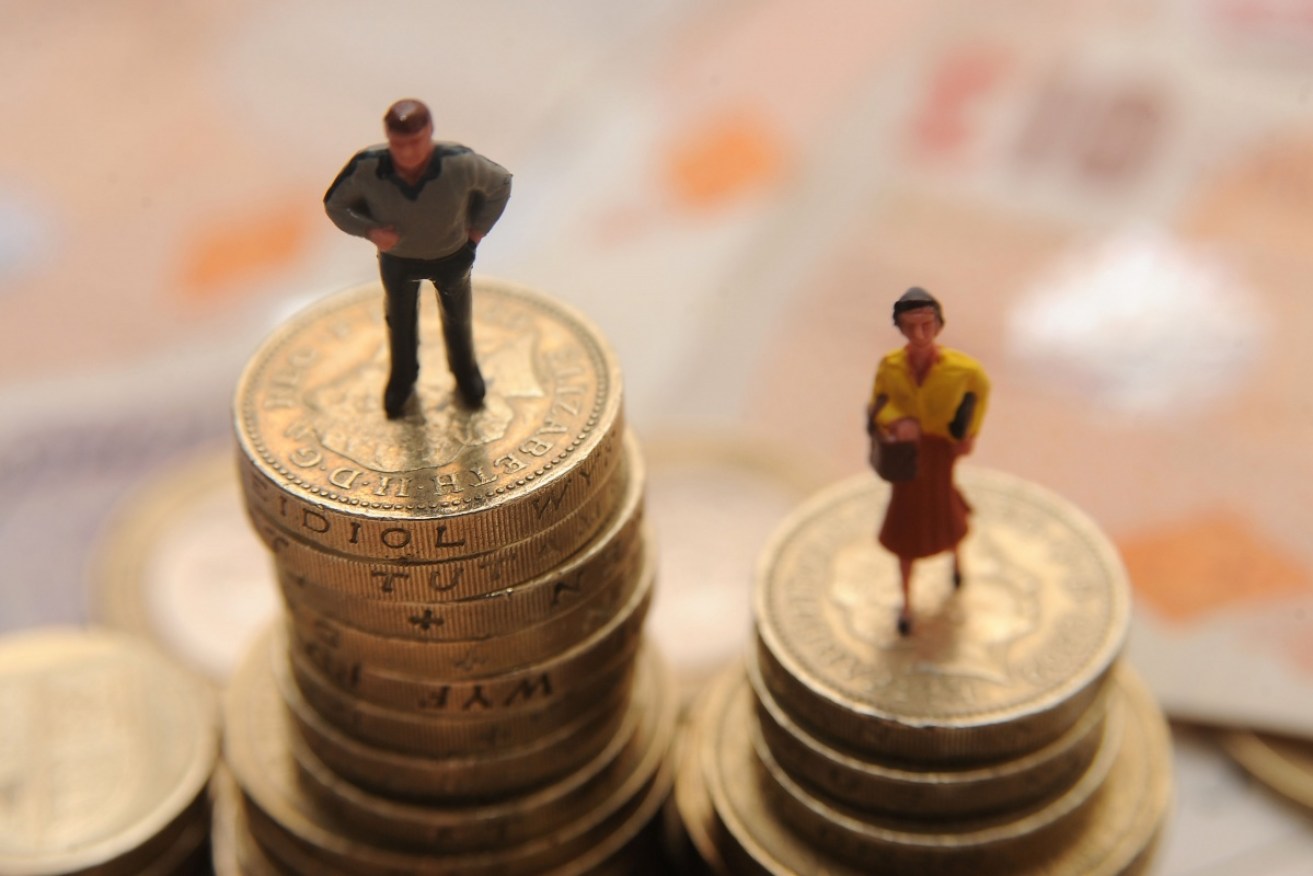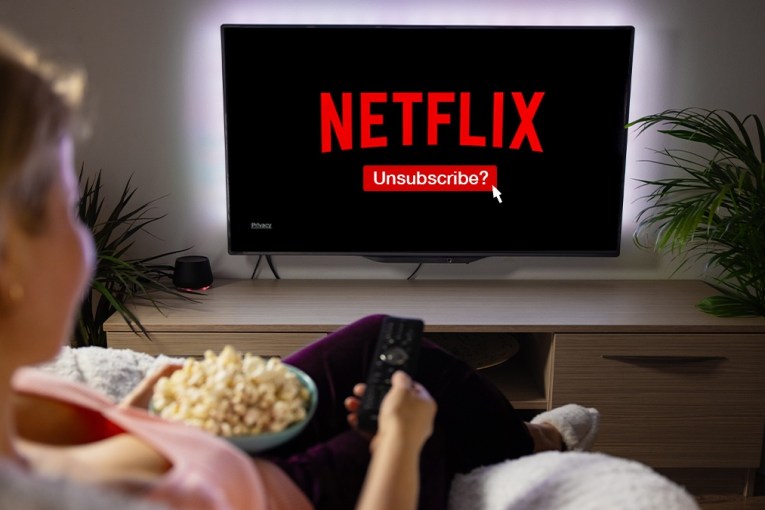The BBC doesn’t pay women equally. Australia’s no better


Crunching the numbers on wages: where the political parties stand and how much you stand to gain. Photo: Getty
It’s shocking that we’ve known about the gender pay gap for decades yet seemingly done so little about it. In 2017 the average full-time working woman still earns 16 per cent less than the average man, right here in Australia.
A textbook case was exposed last week when the BBC was forced to publish the salaries of presenters and journalists who earn more than £150,000. Disturbingly, female employees were right at the bottom while many men raked in the equivalent of millions of dollars.
The women of the BBC are rightfully angry. Forty of them have signed an open letter demanding action, saying the broadcaster “has known about the pay disparity for years” and “can do better”.
It certainly can do better. Every business can.
Don’t dismiss this case because of the large sums of money involved.
The fact that BBC women are highly-paid workers is an even more powerful signal to other women.
If these powerful female workers can be shortchanged, what hope do lower-paid women have?
What the gender pay gap is
Most women nod their heads knowingly when they hear about the gender pay gap, while men are usually confused. It either makes no sense to them or they try to justify it – or even blame women themselves.
Make no mistake, the gender pay gap is big and real.
It is usually defined as the difference between women’s and men’s average weekly full-time equivalent earnings. We can examine this gap across the overall economy, within one organisation, in one team or between two workers at the same level.
It is one of the worst forms of inequality because it happens behind our backs as we live in blissful ignorance. Our boss can know we are being paid potentially thousands of dollars less than the person we sit next to but do nothing about it.
And it happens in every workplace, no matter the size.
There are many causes. It’s to do with the industries men and women work in, the types of work men and women do, a lack of women in senior roles, fewer men working part-time, differences in experience, and outright discrimination.
In short, women are paid less because their contributions aren’t valued equally to that of men.
In Australia, there has been little improvement. The gender pay gap has hovered between 15 and 20 per cent for the past couple of decades.
What you can do
It’s time pay equality got a kickstart.
Firstly, give your boss the numbers about your industry and ask how your workplace stacks up. The Workplace Gender Equality Agency publishes their data to help you see what’s going on. Use it and take it to your manager and pay roll to demand an audit so you can see where you sit.
Part of the problem is that the path to promotions and bonuses just isn’t clear. Too often they come out of nowhere or are not based on performance, but given to a team overall. We’ve all seen this being given to friends of the boss over those who actually do the work.
Ask for clarity so you know what to do next time. Hold them accountable.
The biggest challenge in achieving pay equality is that much of the leg work relies on women standing up themselves. Women are expected to clean up this mess, which punishes them.
That starts with taking the numbers to your colleagues and boss, lay it out. From here you should demand change and action.
Nobody expects this to be resolved overnight, but we all deserve to be treated fairly.
Talking about pay is not easy, but remember that the gender pay gap is immoral, often unlawful and goes to the heart of respect in the workplace.
Women deserve a fair go and that starts with fair pay.
Conrad Liveris is a corporate adviser on workplaces and risk. He holds a Certificate in Governance and Risk Management and a Master of Commerce.









